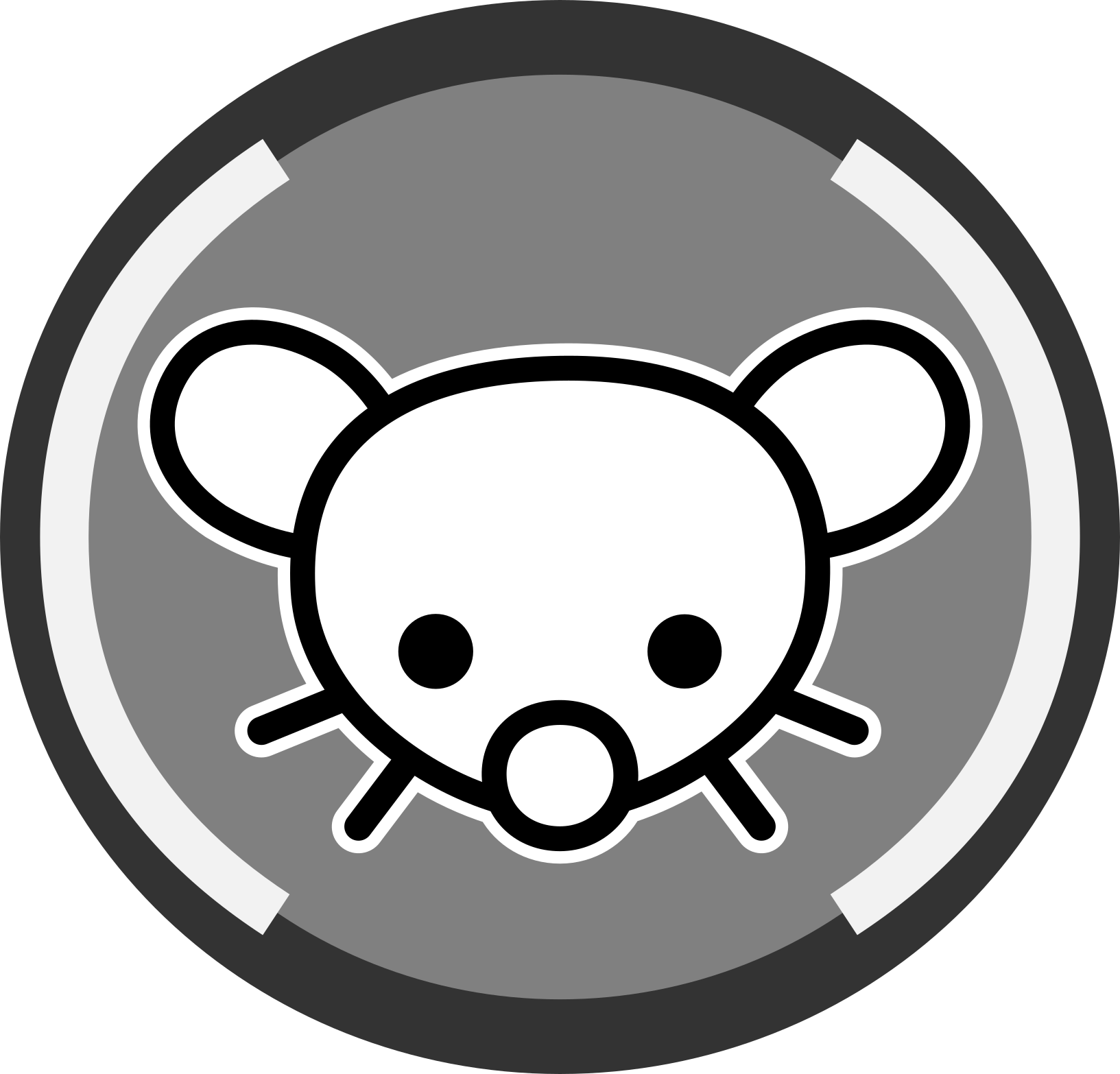Friday Social is back! So we know we are all Lisp programmers here and we love the language and use it.
But I am sure some of us work with other languages too. Like I have to work with C, C++, Python and a number of other languages to work on different projects. I am sure some of you do too.
So the questions for this Friday Social are:
- What Lisp programming languages do you use?
- What non-Lisp programming languages do you use?
- What is your favorite Lisp programming language? Why?
- What is your favorite non-Lisp programming language? Why?
- What is that one thing about your favorite non-Lisp language that you wish to see in your favorite Lisp language?
Happy Friday!
- What Lisp programming languages do you use?
Nowadays I mostly use Kawa. I used to be a dedicated Guile user, for which I developed the (grand scheme) glossary, and I still use it occasionally for small things, but I’m now developing a project that relies heavily on Kawa (#GRASP).
I sometimes use Racket, especially when I need some GUI.I also use Emacs Lisp occasionally.
- What non-Lisp programming languages do you use?
I mostly use C at my day job. I also write some code in Dart and Go as well as bash scripts and makefiles. I sometimes also use Python. I also have professional experience with PHP, JavaScript, C++, C# and x86 assembly
- What is your favorite Lisp programming language? Why?
For a long time I was very happy with Guile, especially as I was using it with my (grand scheme) glossary - it really made the language terse.
But after using Kawa, I find the lack of checked type annotations (in macroexpanded positions) really annoying. Also, I like it that Kawa provides access to Java-like OO system (that I like way more than GOOPS that comes with Guile).
I think that porting the (grand scheme) glossary to Kawa would be nice, but that would probably require some changes in the compiler.
- What is your favorite non-Lisp programming language? Why?
I occasionally look at solutions to Advent of Code in various different languages, and beside my solutions in (grand scheme), I enjoy the ones in F# the most.
(They are usually quite similar in their spirit)
I also pretty much enjoy using Dart - I think that its designers are doing a great job.
- What is that one thing about your favorite non-Lisp language that you wish to see in your favorite Lisp language?
I really wished that Kawa offered Dart-like object system, which in practice would mean things like mix-ins and extension methods, and more decent generics.
I really like TS. Don’t laugh at me
1. What Lisp programming languages do you use?
I use pretty much only languages in the Lisp family. Since I’m a hobby programmer I’m the boss and get to decide what tools to use.
2. What non-Lisp programming languages do you use?
None, at least regularly.
3. What is your favorite Lisp programming language? Why?
Interlisp and Common Lisp because my daily driver is the wonderful Medley Interlisp development environment, which supports both dialects.
4. What is your favorite non-Lisp programming language? Why?
AWK. I love its combination of simplicity, abstraction, control paradigm, and support for rapid development.
5. What is that one thing about your favorite non-Lisp language that you wish to see in your favorite Lisp language?
I wouldn’t necessarily want to see AWK or some of its features in Lisp. Some of these features are already in Lisp and, as for the others, I don’t mind dusting off AWK itself when needed.
What Lisp programming languages do you use?
- Common Lisp
- Clojure
What non-Lisp programming languages do you use?
Rust, etc.
What is your favorite Lisp programming language? Why?
SBCL can compile Common Lisp into optimized native code and the community provides libraries that I need.
What is your favorite non-Lisp programming language? Why?
Ruby can be used as AWK with JSON parser and Unicode support.
What is that one thing about your favorite non-Lisp language that you wish to see in your favorite Lisp language?
Awk-style one-liner
deleted by creator





